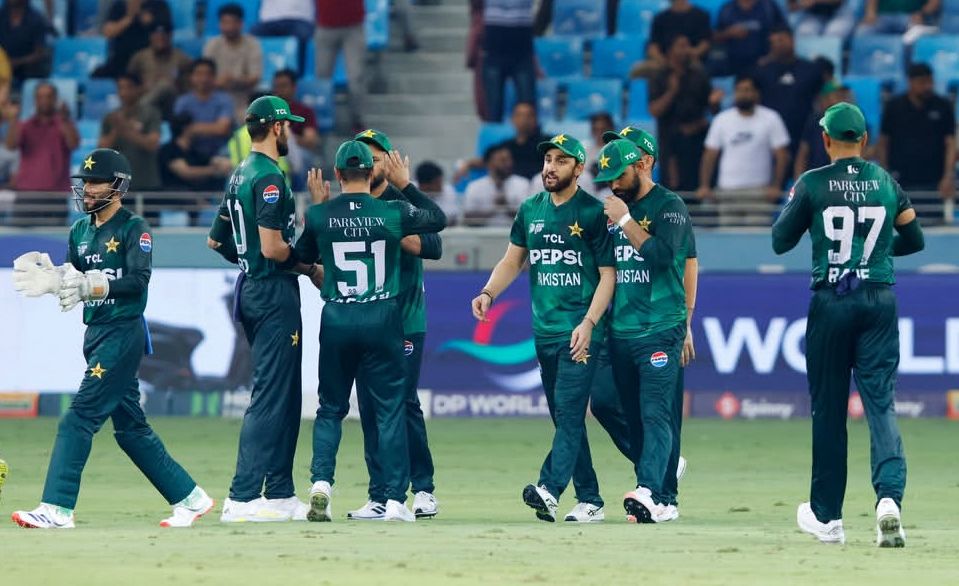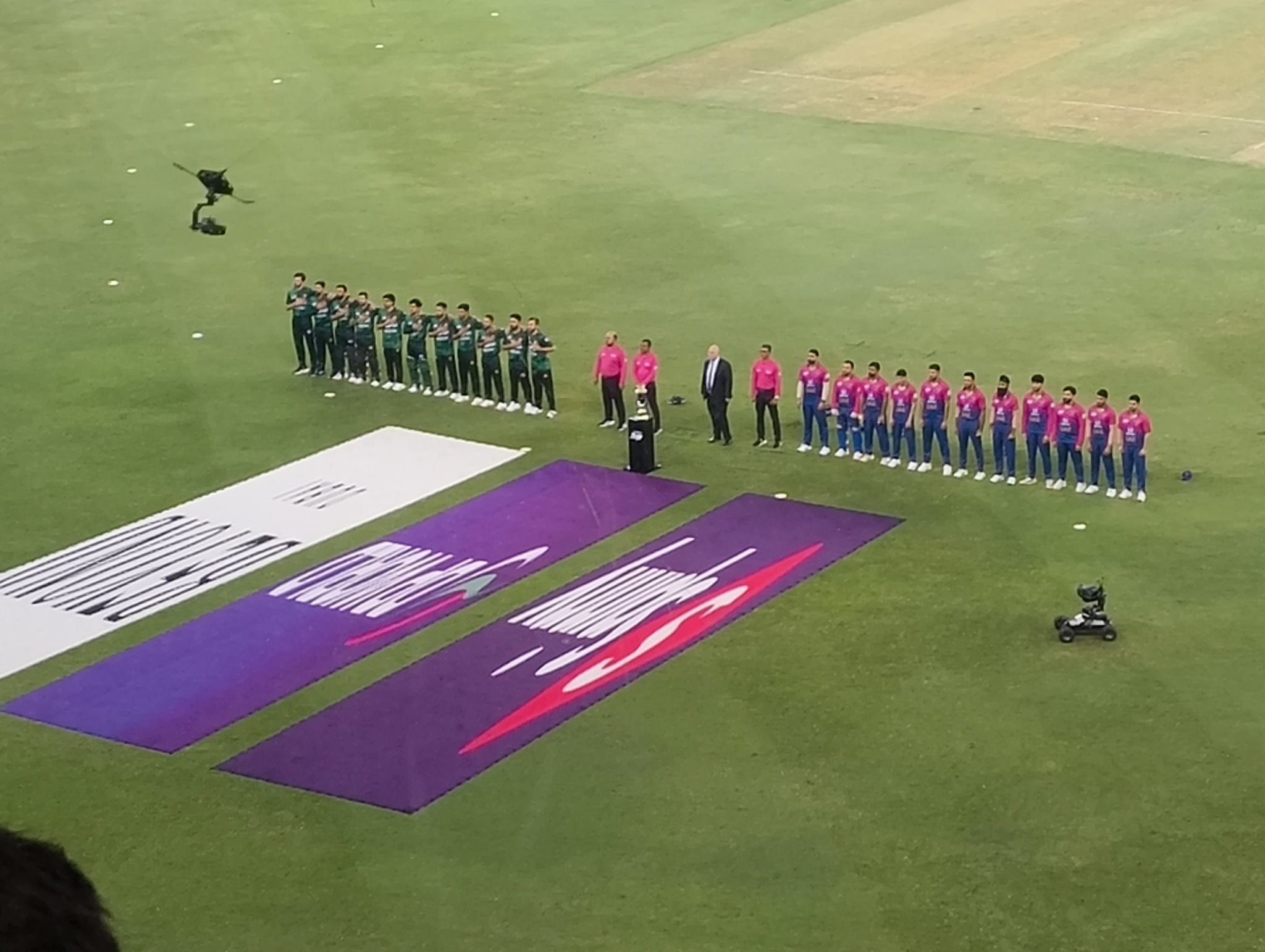
The no handshake saga was so far about Pakistan lodging a protest. The delayed match arrival for the match against UAE, however, is tantamount to abject brinksmanship and does not augur well for Pakistan’s credibility and sets dangerous precedents. For Pakistan, this is clear erosion of credibility with short and medium-term impact that will have far reaching consequences.
Over the past week, Pakistan have found itself at the centre of two flashpoints — the absence of handshakes after their defeat to India, resuting in them representing to the ICC for removal of the match refree ( Andy Pycroft) and the delayed arrival for Wednesday’s Asia Cup fixture. Separately, each could have been dismissed as a footnote. Together, they have snowballed into a credibility test for Pakistan cricket, one that threatens to overshadow performances on the field.
India’s decision was interpreted as a statement, an assertion that sport could not be insulated from broader currents of pain and anger. For Pakistan, however, the moment presented an opportunity to rise above the fray, to reinforce their role as guardians of cricket’s fraternity. Instead, their posture kept the issue alive.
If the handshake controversy was about optics, the delayed arrival was about operational credibility. By holding back their team bus for nearly an hour in protest against match referee Andy Pycroft, Pakistan made a statement of defiance. But it was a statement that came at a cost.
Tournaments, especially ones of the scale and sensitivity of the Asia Cup, depend on punctuality and predictability. Broadcasters build their programming, advertisers plan their inventory, and fans tune in with the expectation of a start on time. In specific terms, the operational planning that goes into scheduling a match keeping in mind the sub-continent time zones and the moentisaiton potential is immense.
ACC and ICC will not easily overlook an act that undermined schedule integrity. Broadcasters and sponsors, who bankroll the sport, loathe unpredictability. To them, delays mean disrupted slots and shaken confidence in the product they pay for. And for global fans, the optics were clear: Pakistan escalated matters once again.
What is striking is the shift in sympathy. Initially, after the handshake incident, much of the narrative was about not upholding cricket’s most visible ritual of sportsmanship. But Pakistan’s actions since then have inverted the script. Instead of occupying the moral high ground, they have allowed the controversy to linger, turning attention onto their own responses rather than India’s original act.
The delay in the match against UAE belongs in the same lineage of credibility-denting episodes. It becomes part of the story of Pakistan cricket, at a time when the team can ill afford distractions from the cricketing challenges they already face.In tournaments like the Asia Cup. Performance is only one part of the equation. Perception is the other. Teams are judged not only by the runs they score or the wickets they take, but also by the signals they send in how they conduct themselves. By choosing protest over punctuality, Pakistan ceded ground in the battle of credibility.
The Asia Cup was supposed to be an arena for Pakistan to showcase resilience and quality under pressure. Instead, the headlines have been dominated by controversy, delay, and grievance. In the high-stakes world of global cricket, credibility is currency. And this week, Pakistan has spent more of it than they could afford.
Also Read: To play or not to play? One of cricket’s most bizarre incidents ever




